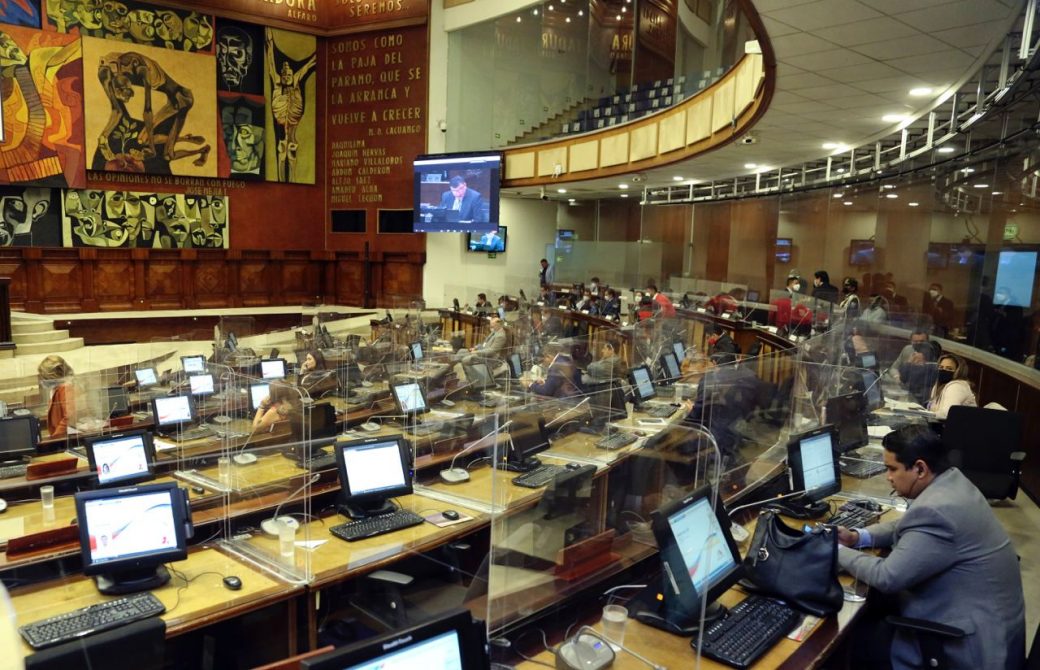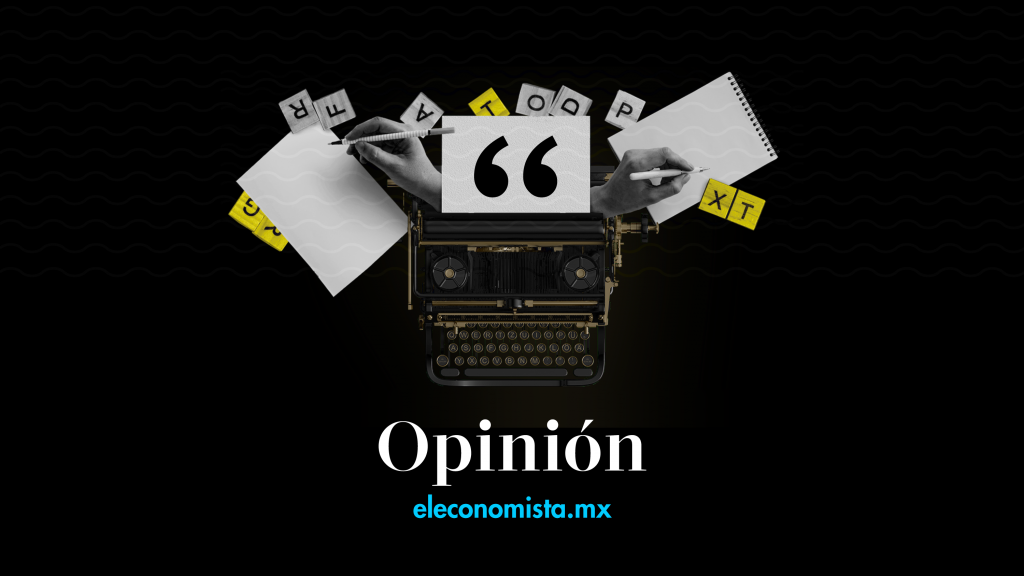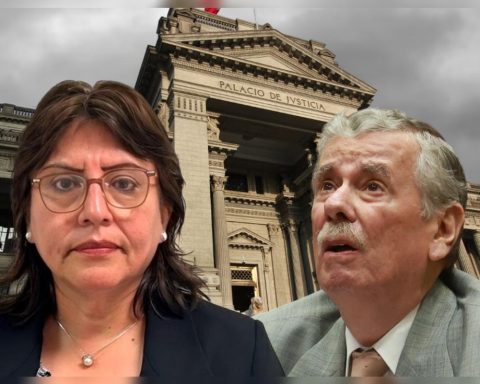The regulations establish controls and deadlines for unfairly charged amounts to be returned to banking customers.
With 123 affirmative votes, the Plenary of the National Assembly ratified 20 articles of the draft Organic Law to Defend the Rights of Clients of the National Financial System and Avoid Undue Charges and Unsolicited Services; and with 134 votes, it agreed to 12 suggestions raised in the partial objection of the Executive.
“Thanks to the work of this new National Assemblythe Ecuadorian people finally have a law that defends us from the abusive charges and of the bad practices that have been taking place in the financial system”, highlighted the president of the Legislative, Guadalupe Llori Abarca.
The speaker Pabel Muñoz pointed out that through the project the rights of banking customers and the financial system is prevented from committing abuses or charge for unsolicited services.
This regulation requires financial institutions to carry out strict controls on the services they provide through electronic banking and other electronic channels and to implement adequate and sufficient safeguards to protect the resources of users and/or clients. The law will be forwarded to Official register in the next few hours.
The regulations, among other aspects, establish that financial institutions must inform their users and/or clients of the security measures that they will apply in relation to the use of codes and passwords. In addition, they must refer to the Assembly an accountability report during the first quarter of each year, with respect to the previous fiscal year, which will include a description of the general state of the national financial system, as well as the results of the control and defense of the rights of the users and/or clients.
In the case of non-financial services provided by third parties, the entities must provide the information related to the process of payment or charge; Users have the right to freely choose products and services, financial and non-financial, based on prices, rates, expenses, costs, as well as existing benefits, and to subscribe to instruments, without being pressured, coerced or induced.
In the debate, the assembly members highlighted the positive aspects contained in the project to safeguard the inalienable rights of citizens, regarding the abuses of the national financial system.
Mobile operators are already obliged to offer accumulation of balances
On January 14, 2022, President Guillermo Lasso sent a partial veto to the project of “Organic Law to Defend the Rights of the clients of the National Financial System and avoid improper charges and unsolicited services”.
One of the most controversial observations was the elimination of the articles that established the obligation for operators to offer the accumulation of balances not consumed in all their plans.
In his partial veto, Lasso explained that this possibility already exists in the current regulations. Within the concession contracts, specifically in clause 41.1, operators, it is established that the operators must have this benefit in at least one postpaid and one prepaid plan.
However, the Government recognizes that the conditions that these plans must have require an update by the Telecommunications Regularization and Control Agency (Arcotel).
That update, which has not been fulfilled by the last three government administrations, not only includes the conditions for the application of the accumulation of balances not consumed; but also a regular review of how the cell phone market is evolving.
According to Lasso, the obligation to accumulation of balances in the entire offer of the operators because the incentives for the continuity of unlimited postpaid plans would be put at risk, which, as reported by Arcotel, are currently the most common.
«In the telecommunications economy, the services provided in the postpaid modality are fundamentally used to cover the fixed costs of keeping the networks operational 24 hours a day, 365 days a year. According to the analyzes sent by Arcotel, the constant proposal in the text of the project could cause a detrimental effect towards consumers since “the number of SMS, minutes and megabytes would be reduced by 45%, 51%, and 67% respectively,” says the text of the presidential veto.
Likewise, if additional obligations are established to those included in the concession contracts, the Ecuadorian State could be involved in costly litigation and large amounts of compensation.
This scenario has already occurred when past governments established additional regulatory fees and charges on single value postpaid plans. The telecommunications sector has been one of the most punished with taxes and contributions during the last 14 years.
“The accumulation It should be treated as an alternative for the benefit of the customer and as part of a broad portfolio of commercial offers available for free choice by subscribers in an environment of free competition, without substituting or invalidating the current options in force”, assured Lasso.
The Assembly, in its vote on February 2, 2022, agreed to this observation.
Reimbursement for improper charges
The presidential veto did not take away the responsibility of the financial institutions to present, at the request of the clients, the supporting documents that all the charges carried out were made after express authorization.
However, the Assembly did not accept the presidential observation that the values improperly collected be reimbursed within a maximum period of 30 days. Instead, the legislature was ratified within 3 days of its original proposal
It was ratified that from the beginning of any type of charge to the user, a clear and direct notification must be made, where it is established why it is done. At the same time, easily accessible mechanisms must be enabled to suspend any unauthorized account debit.
In case of contract termination, additional amounts cannot be charged to the client for that termination. The only thing that companies can claim is the payment of outstanding amounts for services actually provided. (JS)


















